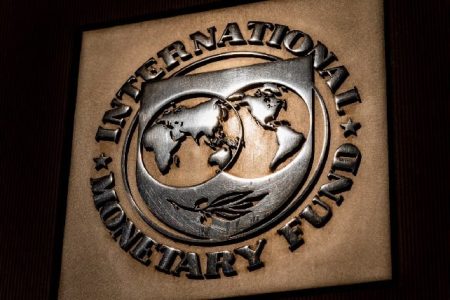Stock price volatility, representing fluctuations in a firm’s market value, serves as a critical indicator of market risk and significantly impacts investor confidence, firm valuation, and financial decision-making. Understanding the factors driving this volatility is crucial for companies aiming to optimize their financial strategies and mitigate potential risks. Among these factors, the firm’s capital structure, specifically the balance between debt and equity financing, has garnered substantial attention in corporate finance research. However, the empirical evidence on the relationship between capital structure and stock price volatility remains inconclusive, with studies reporting positive, negative, and even insignificant relationships. This ambiguity highlights the need for further investigation, particularly within specific institutional contexts.
This research delves into the complex interplay between capital structure, board composition, and stock price volatility within the context of Ghanaian listed firms. The study draws upon prominent theoretical frameworks in corporate finance, including agency theory, trade-off theory, and pecking order theory. Agency theory emphasizes the potential conflicts of interest arising from the separation of ownership and control within a company. Trade-off theory suggests that firms aim to strike a balance between the tax advantages of debt financing and the potential costs of financial distress, including bankruptcy risk. Pecking order theory posits that firms prefer internal financing, followed by debt, and lastly equity, based on information asymmetry concerns. By incorporating these theoretical lenses, the study provides a comprehensive framework for analyzing the relationship between capital structure, governance, and stock price fluctuations.
The study focuses on the moderating role of board composition in the relationship between capital structure and stock price volatility. Board composition encompasses factors such as the size, independence, and expertise of the board of directors, which are crucial for effective corporate governance. A well-composed board is expected to provide better oversight of management decisions, including those related to capital structure, which can ultimately impact firm performance and stock price volatility. The study hypothesizes that the effectiveness of a firm’s board can influence how changes in its capital structure translate into stock price fluctuations. A strong board is expected to mitigate the negative effects of high leverage on stock price volatility.
Employing a dataset of 20 Ghanaian listed firms over the period 2011-2021, the research utilizes the generalized method of moments (GMM) estimation technique, a robust statistical method suitable for panel data analysis. This method accounts for potential endogeneity issues and unobserved heterogeneity among firms, providing more reliable estimates of the relationships being examined. The GMM approach allows for a more rigorous analysis of the dynamic relationship between capital structure, board composition, and stock price volatility over time.
The findings of the study reveal that both capital structure and board composition significantly influence stock price volatility in Ghanaian listed firms. Specifically, a higher debt-to-equity ratio, indicating a greater reliance on debt financing, is associated with increased stock price volatility. This result aligns with the notion that higher leverage amplifies financial risk and uncertainty for shareholders, leading to greater fluctuations in stock prices. Conversely, a more robust board composition, characterized by factors like greater independence and expertise, is associated with lower stock price volatility. This finding underscores the importance of effective corporate governance in mitigating risk and stabilizing firm value.
Furthermore, the research establishes a significant negative moderating effect of board composition on the relationship between capital structure and stock price volatility. This implies that firms with well-structured boards experience a more pronounced reduction in stock price volatility as they adjust their capital structure. In essence, a strong board acts as a buffer, mitigating the potential destabilizing effects of higher leverage on stock prices. This finding emphasizes the crucial role of corporate governance in shaping the relationship between financing decisions and market risk. The study offers valuable insights for regulators, shareholders, managers, and creditors on enhancing corporate governance practices and optimizing capital structure decisions to mitigate financial risks and enhance firm value.
This research contributes significantly to the existing literature by providing new insights into the interplay between capital structure, board composition, and stock price volatility from a developing country perspective. The study represents a pioneering effort in the Ghanaian context, offering valuable empirical evidence on the importance of corporate governance in shaping the relationship between financing decisions and firm performance in emerging markets. The findings have practical implications for firms operating in similar environments, highlighting the need for strong corporate governance mechanisms to effectively manage financial risk and enhance firm value. The study’s focus on Ghana adds to the growing body of knowledge on the dynamics of corporate finance in developing economies, where institutional contexts and market conditions can differ significantly from those in developed markets. This study’s findings are valuable for policymakers and practitioners in developing countries seeking to improve corporate governance and financial stability.














